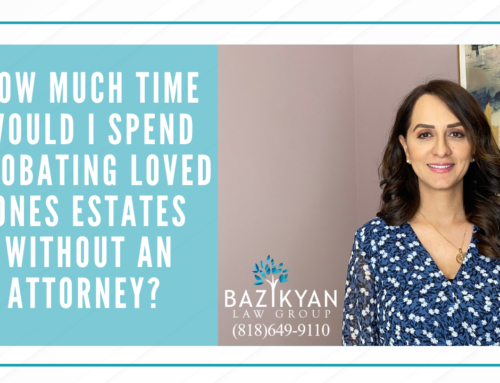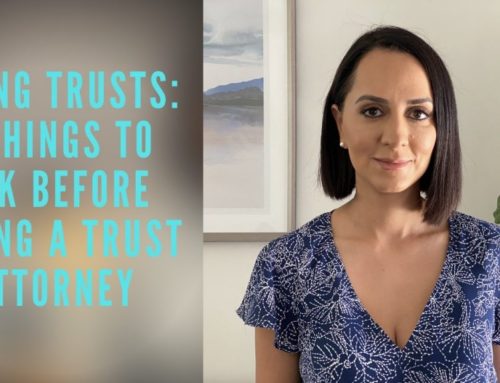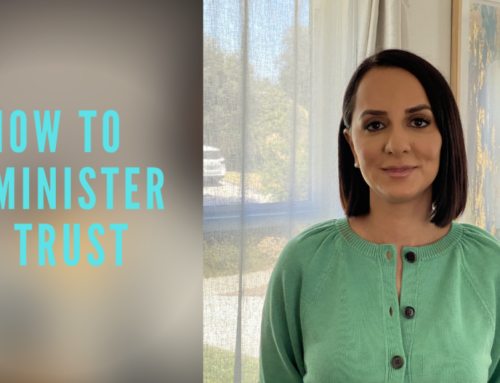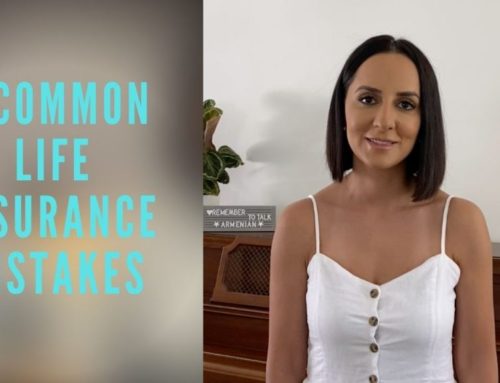If there is one thing that all human beings can agree on, it is that life is unpredictable. Who would have thought that the novel coronavirus COVID-19 could bring the world to a grinding halt? Even though some people are better than others when it comes to planning for the future, still, no one can see it and adequately prepare for it. So here’s how an estate planning attorney can help you prepare with Wills and trusts.
You cannot forget, amid the current pandemic where COVID-19 is claiming lots of lives, that other life issues never stopped wreaking havoc. Other diseases are still there, and so it will be prudent to plan for the unforeseen future through wills and trusts.
It is best to have an experienced wills and trusts attorney like ours, who know which roads to use to help you plan your estate. At times the term “estate” throws people off. Let’s see what that means legally.
Estates 101
The image that comes to mind when people hear the word estate is mansions, many cars, large accounts, etc. That’s half the truth. An estate is all your property, including property rights. This means that you do not have to be a millionaire to have an estate.
After your demise, the property rights and property do not die with you. They outlive you and will have to go somewhere. What happens to your estate is dependent on whether you die intestate (without a will) or testate (with a valid will). This is why you need an estate attorney.
What Does an Estate Attorney Do?
Primarily, our estate attorney will walk you through the process of how you will divide your assets and the documents needed to ensure that your wishes are met. Our attorney will help you create the proper documents to come into play when you are sick.
After you pass on, our lawyer will ensure that all your wishes, as stipulated in the documents, are fulfilled.
What Is a Will?
It is a legal document which indicates how your estate will be allocated after you pass on. It also allows you to appoint legal guardians to minors. By drafting a will in advance, you can consolidate and decide what you want to be done with your assets.
After your demise, the will has to go through probate. Probate is a court process that validates a will. It can be a tedious and expensive process.
Will vs. No Will
When you have a will, it will go through probate, and then after validation of the will, the estate will be divided according to your wishes.
The challenge comes in when you die intestate (without a will). Since there is nothing that indicates your wishes, the state will then decide what happens to the estate according to the state laws regarding inheritance and succession.
What Is a Trust and Why Do You Need It?
A trust is an agreement that allows you as the grantor to transfer your estate to someone, the trustee, for the welfare of a third party, known as the beneficiary.
There are different types of trust, like:
- Spendthrift trust
- Life Insurance trust
- QTIP Trust
- Generation-skipping trust
- Special needs trust
A living trust is also a type of trust that allows you to retain control over your estate even if you become incapacitated. It can do what a will cannot. Here are four primary purposes that trust can serve:
- Major tax savings.
- You can tailor the wishes you have for the use of your estate.
- Avoid going to probate.
- The beneficiaries gain access to the estate faster and without extra cost.
What Is the Difference Between a Trust and a Will?
Contrary to popular belief, a will is not enough to transfer all your assets to your heirs, at least not immediately. It might even take a year when it is in probate. Your heirs will not even touch a dime from the estate before the will has been validated.
The will is also insignificant when you have an estate of significant value, or you have real estate in other states. It can also be useless if you have children from different marriages or if they are minors.
A trust, on the other hand, will allow you to transfer the estate to all your children without the fear of them being challenged in court. It will also enable the beneficiaries to access the estate immediately after your demise.
It is important to note that even in uncertain times like now when COVID-19 is causing unforeseen crises, there are approximately 55% of American adults who do not have a will or a trust. Be prepared and contact our trust attorney at Bazikyan Law Group to safeguard the future of your loved ones.





